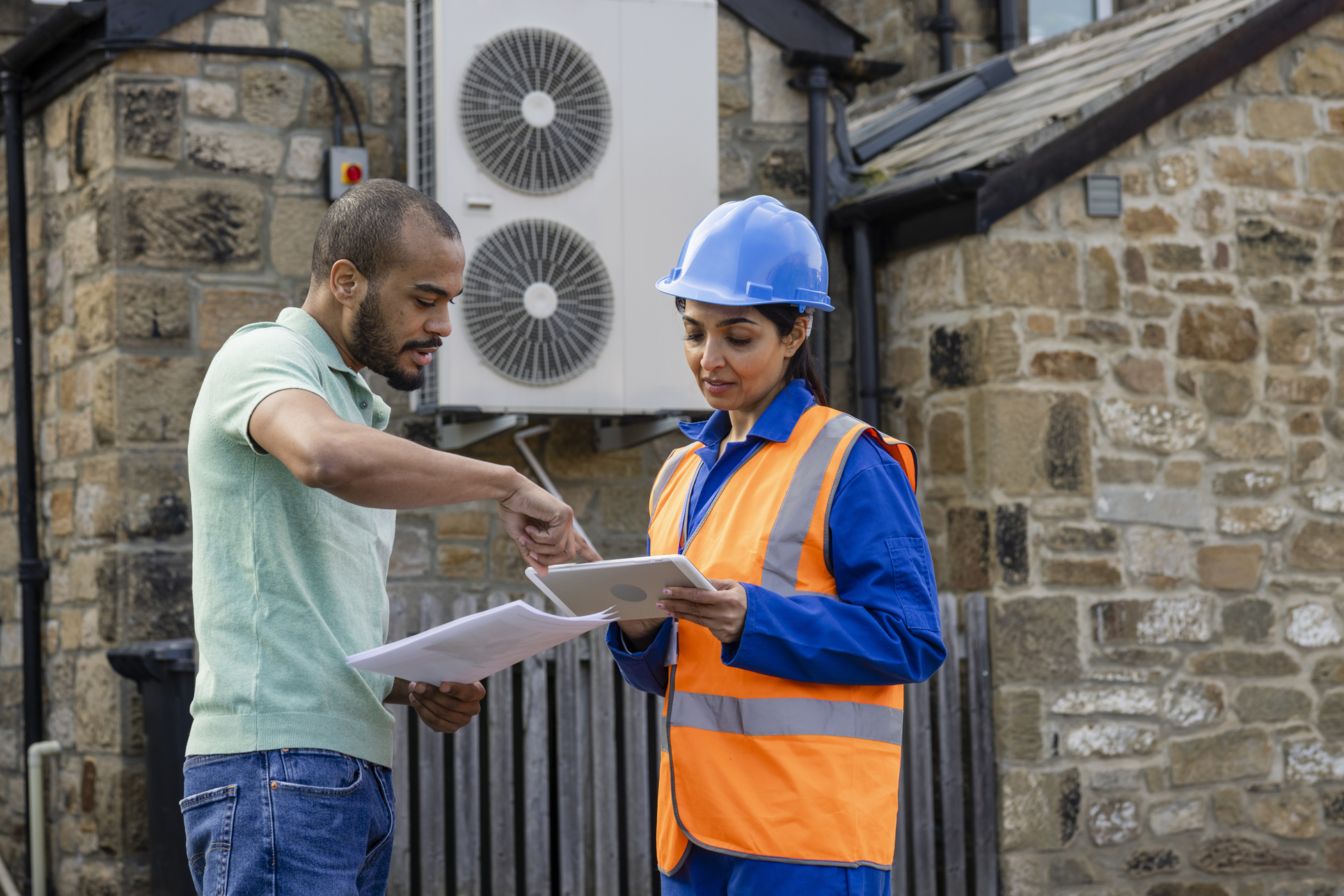
New research shows community buildings falling behind in energy efficiency race
New research by social finance lender Social Investment Business (SIB), shows that improvements to the energy efficiency of community buildings is lagging behind other non-domestic buildings. This is leaving the not-for-profit sector burdened with properties with higher energy bills and higher emissions that are at greater risk of regulatory non-compliance.
The research was conducted using data from the Non-Domestic EPC register to track changes, including in EPC ratings for the same building over time to measure improvements in energy efficiency.
Findings from the research highlighted:
Since 2008, other non-domestic properties have improved their energy efficiency 60% more than community buildings. This gap has widened in recent years, with other non-domestic buildings improving at more than double the rate of community buildings.
The research also showed that larger community buildings and those with the highest energy consumption struggled to improve.
SIB’s research found that many community buildings have been missing out on making relatively simple improvements such as draughtproofing, installing efficient lighting or adding heating controls. These measures could help to improve EPC ratings for community buildings, and contribute to compliance if Government tightens minimum energy efficiency standards regulations in the future.
The evidence indicates that community buildings are falling behind the rapid pace of change in energy efficiency that is currently needed to meet the challenge of Net Zero, and they are showing signs of falling behind further. Intervention is needed through investment and support to prevent the gap continuing to widen. Without this investment, we will not be able to future-proof our community buildings and meet the challenge of Net Zero.
This paper is an expansion of SIB’s existing energy paper Energy Efficiency of Buildings across England: A descriptive Analysis, which investigated Energy Performance Certificates (EPCs) in the Community Sector over the past 16 years.
The research by SIB’s data team shows community buildings in the UK need to improve their energy efficiency at pace to meet the challenges of climate change and regulatory demands such as Minimum Energy Efficiency Standards (MEES). However, the sector is being outpaced by the UK’s other non-domestic buildings, which are becoming more efficient at a faster rate. With regulatory demands likely to increase as the UK’s target to reach Net Zero by 2050 approaches, buildings that do not improve risk becoming stranded assets, lost to their communities.
“Together, these two research reports clearly show the scale of the challenge facing communities across the UK. Community buildings lie at the heart of neighbourhoods, providing essential services, connections and support. Yet, we risk these buildings becoming ‘stranded assets’ without urgent investment. Social Investment Business is urging policymakers and investors to work with us to proactively support community organisations in maintaining and improving these buildings for local people now and into the future.”
Nick Temple, Chief Executive of Social Investment Business.
